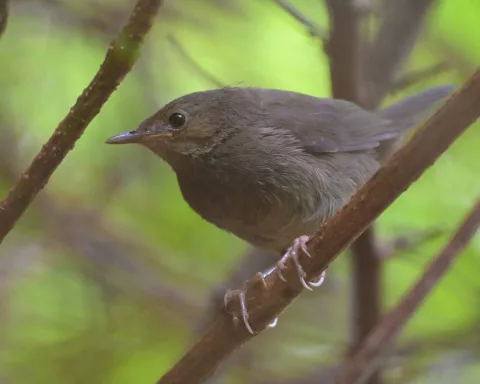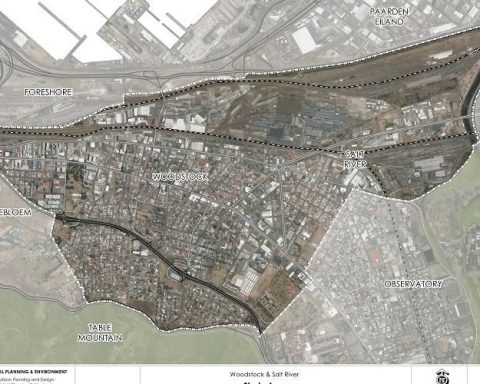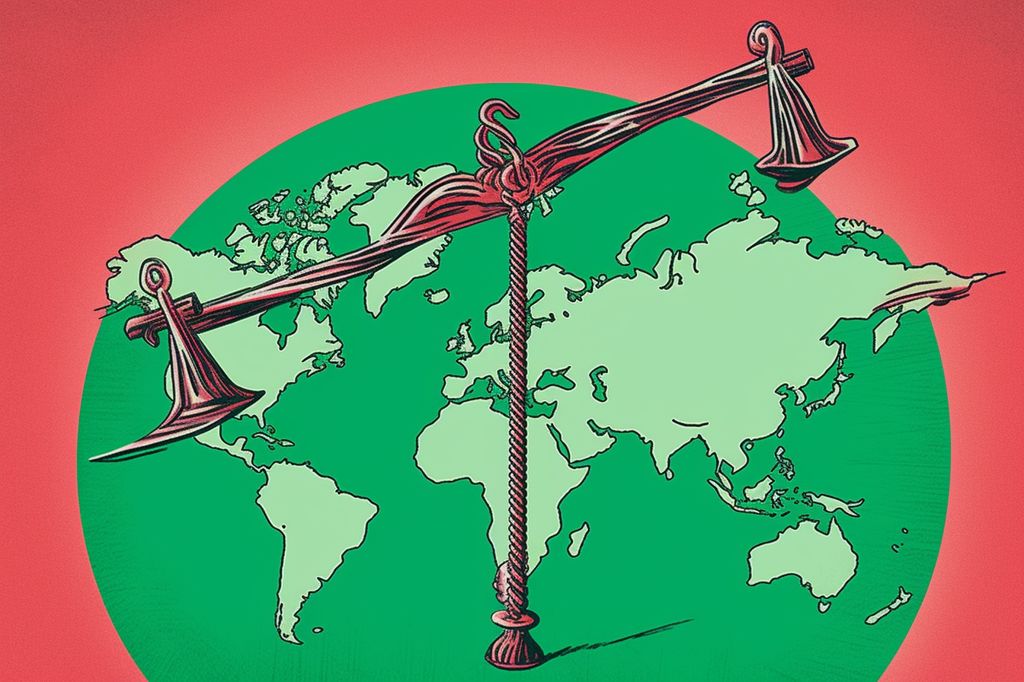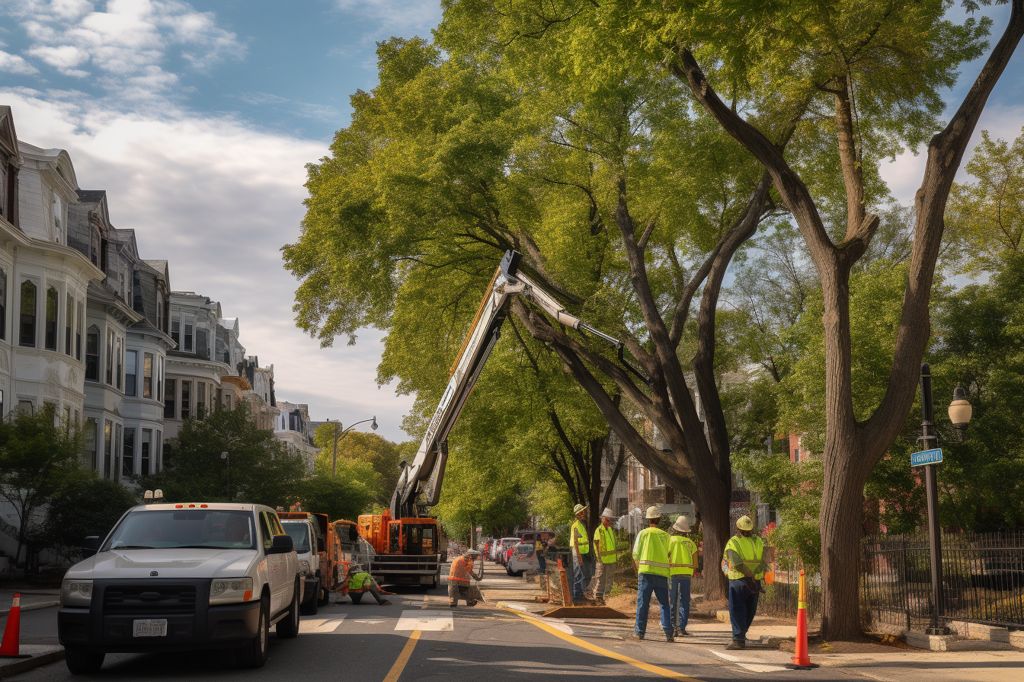The City of Cape Town has taken a significant step towards sustainable management of the Chacma baboon population on the Cape Peninsula. On April 25, 2023, the City’s Council approved the Memorandum of Agreement (MoA) between the City, South African National Parks (SANParks), and CapeNature.
Coordinated Approach Across Three Spheres of Government
The MoA proposes a coordinated approach involving all three spheres of government to fulfill their respective functions and mandates towards the sustainable management of the Chacma baboon population. The City’s responsibilities focus on local government functions such as waste management, fences, roads, wildlife-friendly municipal infrastructure, and by-law enforcement.
Draft Baboon Strategic Management Plan
The draft Baboon Strategic Management Plan is an operational plan requiring commitment and cooperation from various City directorates, including Spatial Planning and Environment, Urban Waste Management, Safety and Security, Energy, Water and Sanitation, Urban Mobility, Community Services and Health, Economic Growth, and Corporate Services. Similarly, the plan requires the commitment of SANParks and CapeNature to fulfill several functions.
Partnerships with Stakeholders
Partnerships with other stakeholders, such as scientific academic institutions, animal welfare authorities, civil society, non-governmental organizations, and communities living in areas adjacent to the baboons’ natural habitat, are pivotal to the successful implementation of this new sustainable approach.
Extension of Urban Baboon Programme
The extension of the current contract for the Urban Baboon Programme for 18 months, from May 5 to November 18, 2024, is necessary to transition from the current status quo to a new era where the three spheres of government work together to provide resources and services in line with their respective mandates. The City is obliged to source public comment on its intention to extend the contract until December 31, 2024, as per the Municipal Finance Management Act.
Call for Public Comments
The call for comments on the intention to extend the current Urban Baboon Programme will be advertised on May 5, 2023, and includes rangers to assist with keeping baboons out of the urban areas as far as possible. Partnerships with various stakeholders are pivotal to the successful implementation of this new sustainable approach.
Signing of MoA
The MoA is an essential tool for coordinating the sustainable management of the Chacma baboon population, and the City Manager has the mandate to sign the MoA on the administration’s behalf, once all parties – the City, SANParks, and CapeNature – have signed the document. This is a significant step towards ensuring the City enters legally into an agreement with the other spheres of government. The City is working hard to meet the deadline of June 30, 2023, to ensure there is a bridging period before the new dispensation comes into effect.












